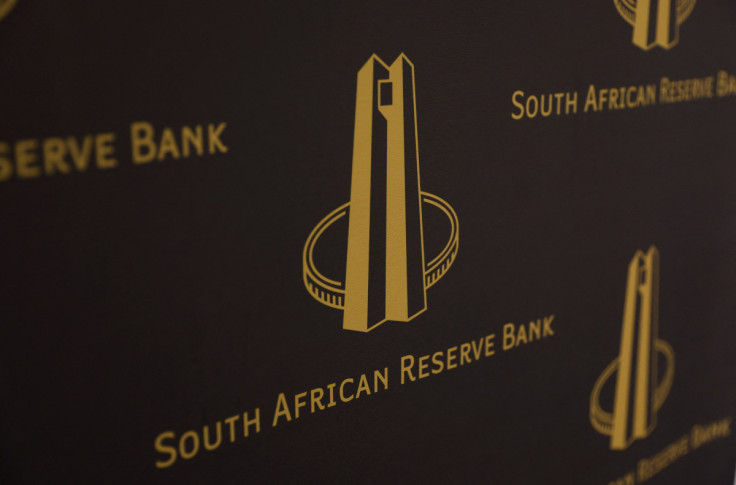South African Reserve Bank Increases Repo Rate By 50 bps To 7.75 Percent

Lesetja Kganyago, who serves as Governor of the South African Reserve Bank (SARB), announced on Thursday that the repo rate (repurchase rate) has been increased to 7.75 percent.
During the announcement, Kganyago disclosed that the increase in repo rate came after the Reserve Bank's Monetary Policy Committee (MPC) agreed to raise it by 50 basis points.
The basis point is a measure that helps the bank to change the interest rate of any financial securities. Now that the repo rate has been increased by 50 basis points, the prime interest will be 11.25 percent in total.
"The revised repurchase rate is now less accommodative and is more consistent with the current view of risks to inflation," Kganyago said, SA News reported. "The aim of the policy is to anchor inflation expectations more firmly around the mid-point of the target band, and to increase the confidence of attaining the inflation target sustainably over time."
He continued, "Guiding inflation [currently at least 7 percent] back towards the mid-point of the target band [between 3 percent and percent] can reduce the economic costs of high inflation and enable lower interest rates in the future."
The 57-year-old governor went on to explain that to enhance the "effectiveness of monetary policy and its transmission to the broader economy," bank needs to continue "achieving a prudent public debt level, increasing the supply of energy, moderating administered price inflation and keeping wage growth in line with productivity gains."
This is not the first time that SARB has increased the repo rate. It has previously increased the repo rate from 7 percent to 7.25 percent in January, as per MarketWatch. In total, SARB has raised the repo rate at least six times, considering the country is slowly recovering from the impact of the COVID-19 pandemic.
Kganyago noted that the South African economy contracted by 1.3% in the fourth quarter of 2022, which was worse than expected during the meeting held in January.
"The contraction was broad-based, consistent with the extensive load shedding experienced in the final three months of the year," he said. "For the whole of last year, GDP growth of 2.0 percent was achieved, compared to the 2.5 percent previously expected."
He also shared that the Bank's forecast for GDP growth in 2023 is slightly lower to 0.2 percent from the 0.3 percent, which they were expecting during January's meeting.
The governor acknowledged that the "extensive load shedding and logistical constraints alongside supply performance of the economy has "severely impaired" the GDP growth of the country.
However, Kganyago is hopeful that there will be some growth in 2024 and 2025.
"Over the forecast period, we expect household spending and investment to grow modestly, even as load shedding and uncertainty continue to weigh heavily on consumption and investment decisions," he said.
He continued, "Private sector investment is expected to remain positive, in large part reflecting efforts to overcome constraints in energy and transport supply. As a result of these factors, the economy is forecast to expand by 1.0 percent in 2024 and by 1.1 percent in 2025."
© Copyright 2025 IBTimes ZA. All rights reserved.





















